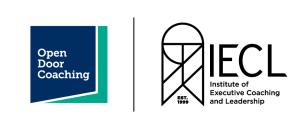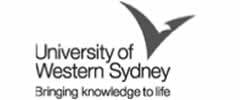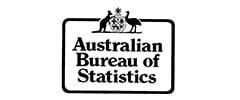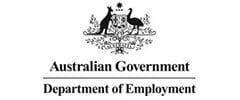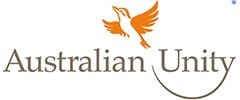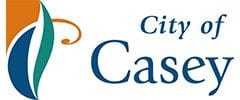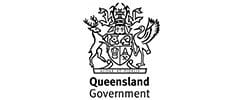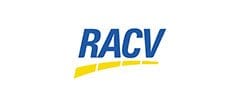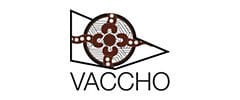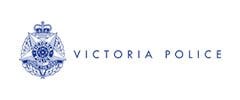As leaders and managers we have to make hundreds of decisions per day. Often, we make these decisions unconsciously. Understanding how we make them is important. Especially if we want to make better decisions in the workplace.
What does the research say?
Researchers estimate that the average adult makes 35,000 decisions per day. Furthermore, they suggest that we make approximately 220 decisions per day on food alone. Consequently, having a more conscious understanding of how we make our decisions is important, especially if they are critical. With this in mind, let’s look at how coaching informs and facilitates better decision making.
Coaching questions
One of the first coaching techniques you can use is questioning the decisions. This little tool comes from our Certificate IV in Workplace and Business Coaching Program (10834NAT). Briefly, it is about asking: how did you decide that? Furthermore, when did you decide that?
Asking ‘how did you decide that?’ encourages the person we are coaching to analyse the steps or process that they went through. Consequently, the more detail we can get here, the better. In addition, we can ask about logic or emotions that came into the process. Furthermore, enquire as to the people, circumstances or environmental factors that are influencing (if any). For this reason, our Certificate IV in Workplace and Business Coaching Program (10834NAT) includes a Myers Briggs Type Indicator (MBTI) profile to assist with this understanding.
Interestingly, the second question ‘when did you decide that?’ opens up more thinking. Indeed, it is possible that a person has made the decision earlier, than when they are announcing it publicly. Consequently, this question allows examination of any internal biases. For example, someone declares ‘that person is never going to make it’. It is possible that they decided that last time they had an experience with a similar person, task or idea. Therefore, they are just automatically deciding, once again that the same scenario will play out.
Coaching to make better decisions
Without a doubt the GROW model questions are also important. Indeed, there are a lot of benefits and information to be gained. For example, by asking ‘what is it you want to achieve?’ and ‘what are the options?’ or ‘what do you need to inform your decision’.
In addition, it is useful to analyse past decisions that over time turned out well. Furthermore, those that were made, that in hindsight did not turn out well. Similar to the questions above, any information we can gather here helps. We go into a lot of detail around coaching techniques for decision making in our Diploma of Organisational Coaching (10836NAT) program.
Clearly, if we are making 35,000 decisions a day, there are a lot of opportunities for coaching.
